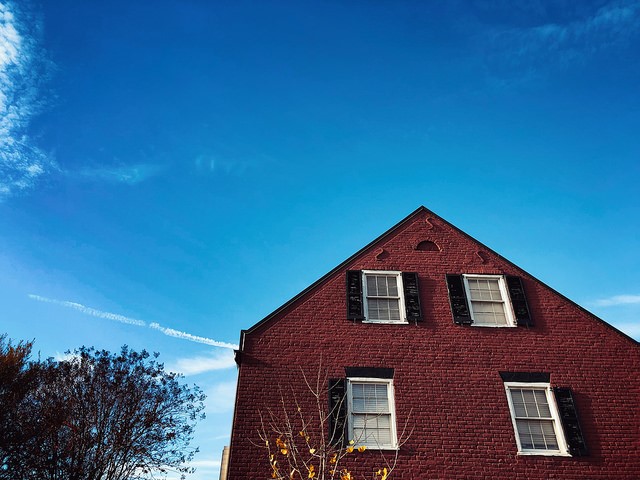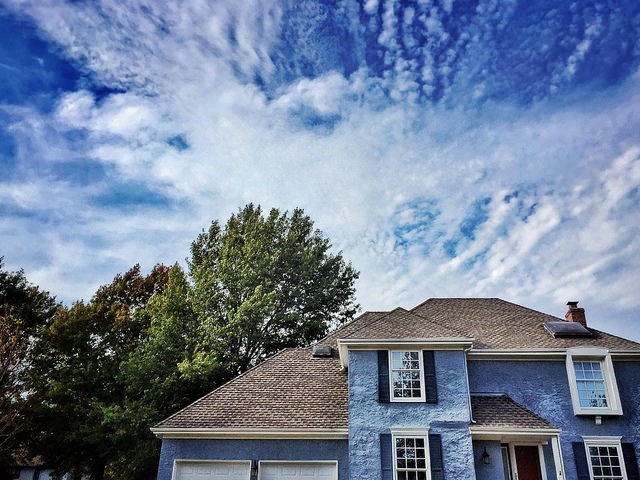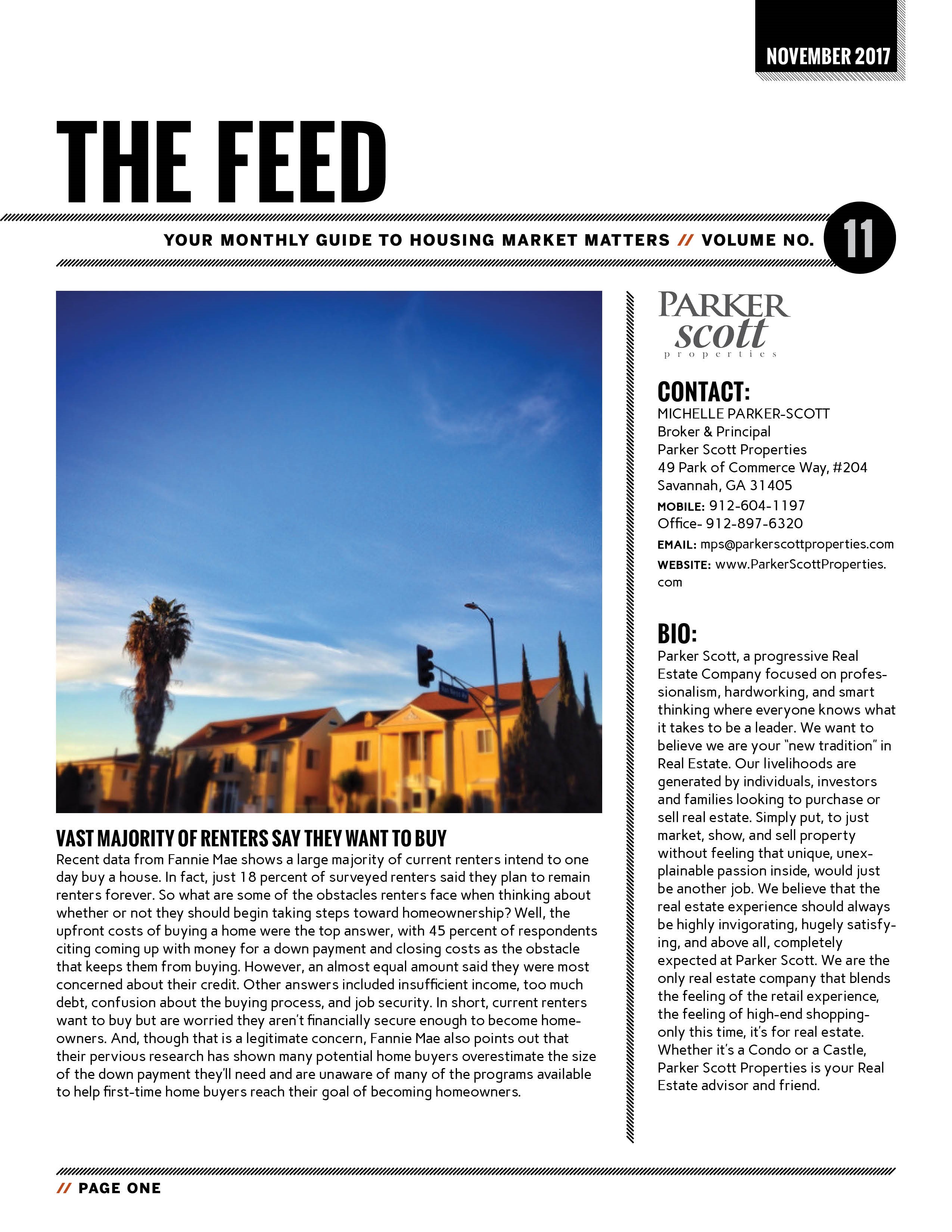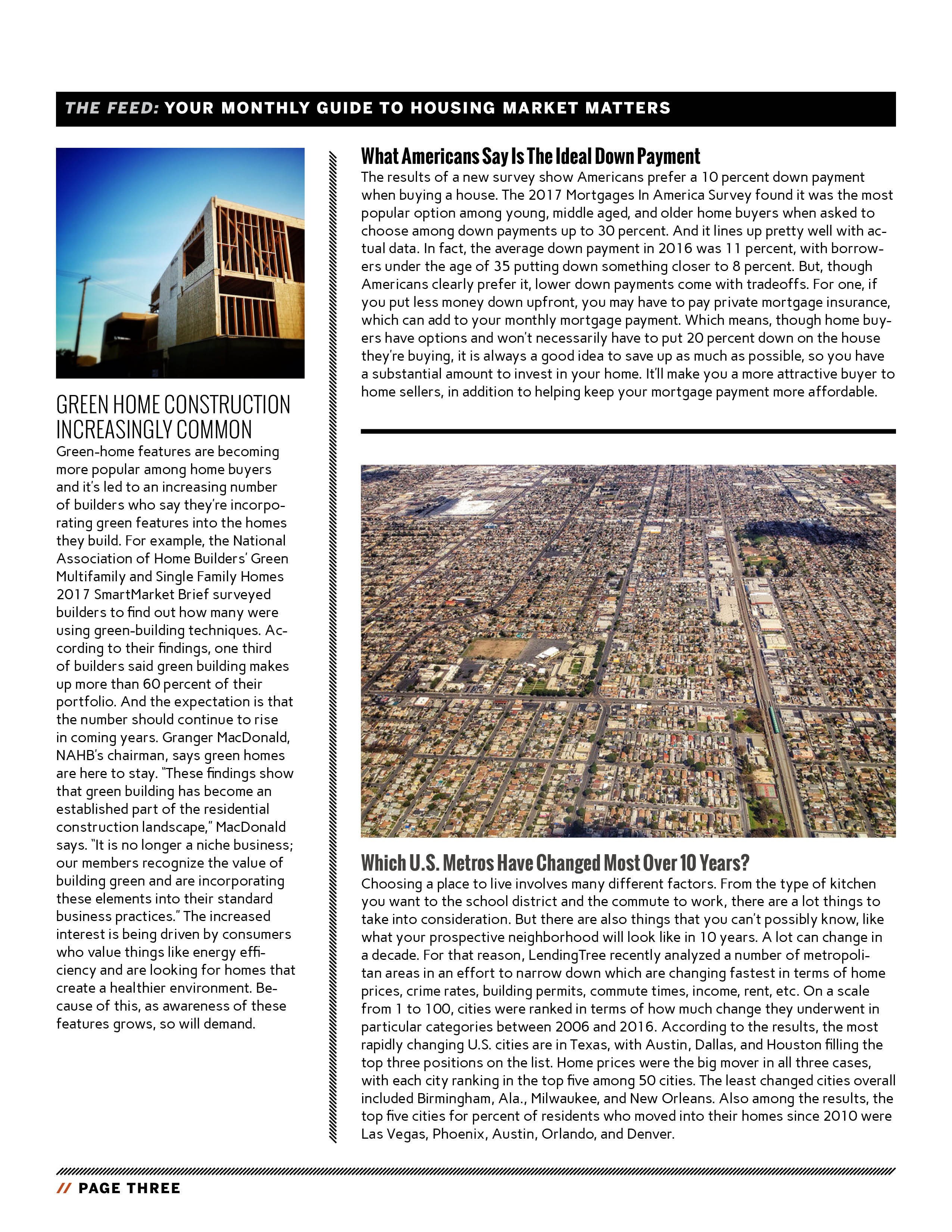
America’s Most Expensive Zip Codes


If you spend any time reading about real estate, you know that there has been a lot of discussion recently about inventory and first-time home buyers. Specifically, there are fewer homes available for sale and fewer first-time home buyers active in the market than is considered typical. Of course, there are many reasons that both of these things are true. Among them, slower-than-normal new home construction, student loan debt, and rising rent all play a role. But, according to a recent analysis from Zillow, there’s another reason that there are fewer homes on the market and fewer young people buying. According to the analysis, many of the affordable homes that would typically sell to first-time buyers were purchased by investors after home prices plummeted following the housing crash. These houses were then converted into rental properties. This, combined with rising demand for single-family rentals, has led to a six percent increase in the number of single-family homes rented out between 2007 and 2016. In short, there are fewer affordable homes to buy in many markets because those homes are currently being occupied as rental units. More here.
An increasing number of Americans say they feel now is a good time to buy a house, according to the most recent Home Purchase Sentiment Index from Fannie Mae. The index – a monthly measure of how consumers feel about real estate, home prices, mortgage rates, job security, and their financial situation – is now nearing its all-time high, reached in September. Doug Duncan, Fannie Mae’s chief economist, says Americans’ perception of the real estate market is improving. “In November, the HPSI rebounded to near its all-time high, returning the index to its gradual upward trend and suggesting fairy stable consumer home-buying attitudes,” Duncan said. “These results are consistent with our expectation that the housing market will continue its modest expansion going forward.” Among respondents, there was a 7 percent increase in participants who said now was a good time to buy a house and a 4 percent increase in the number who feel it’s a good time to sell. More here.

Potential home buyers often describe the home buying process as being complicated. And, most likely, a lot of their confusion stems from the financing side of the transaction. A lack of knowledge about what is required and how to proceed can cause otherwise qualified borrowers to become intimidated and even delay their dreams of homeownership. For example, prospective buyers often have misconceptions about down payment requirements, believing they are required to put down much more than is actually necessary. And, though calculating the size of your down payment depends on a number of factors, believing that you can’t buy a house with less than a 20 percent down payment can be enough to convince a potential home buyer that they aren’t yet ready to buy. That’s why it’s important to contact your lender to explore your options before you talk yourself out of buying. Though there is plenty of information available online – and recent research shows the internet is the primary source of information about mortgages – you can’t get an accurate appraisal of your options and price range without the help of a qualified professional. Don’t allow misconceptions to hold you back from buying the home of your dreams. More here.
There are many factors to consider when deciding whether or not it’s a good time for you to buy a house. Most of these are personal and have to do with the needs and desires of you and your family. Market conditions may influence your decision, but ultimately the best time for you to buy a house is when you’re ready. And while that’s largely true, knowing what’s going on in the market can still be important, as it gives you a feel for what to expect during your home search and after. For example, recent research shows that the average house is $12,500 more valuable today than it was just a year ago. And, though that will be disappointing news to buyers who have seen their purchasing power reduced over the last year, it should also be encouraging to prospective buyers – as rising prices may mean your future home’s value continues to increase once you’ve become the owner. In other words, if home prices continue to increase at the same pace during the next year, buying a house now may mean you’re – not only getting a better deal now than you would if you wait – but you’ll also be able to start building equity almost immediately. More here.
The argument for or against buying a home usually rests, to some extent, on wealth creation. Conventional wisdom says homeowners – through equity and price appreciation – are building wealth, while renters are throwing their money away each month. Of course, there are some notable instances where that basic argument seemed discredited. Take the most recent financial crisis and housing crash, for example. Following the crash, many people began to question the typical arguments in favor of homeownership, as homeowners saw their home values plummet. Now, a new study from Florida Atlantic University, Florida International University, and the University of Wyoming says homeownership offers no financial advantage when compared to renting and investing in a portfolio of stocks and bonds. However, the study’s findings are based on an assumption that renters will use any extra money, not on consumption, but on investing for the future. According to the results, “The analysis showed that households that are likely to not reinvest buy-rent cash differentials should mostly own rather than rent their primary residence as ownership forces them to save.” In other words, you can create wealth while renting, if you’re disciplined and invest wisely. If not, buying is a better deal. More here.

Along with rising home prices, there has also been increasing concern that the housing market may be entering a bubble. And that’s not surprising, considering the housing crash is still fresh in peoples’ memories. So as home prices reach or exceed previous highs, potential buyers and current homeowners are naturally concerned about the possibility of another housing bubble and crash. According to a recent analysis from Freddie Mac, however, there is a pretty good reason to doubt that today’s price spikes are, in fact, evidence of an emerging bubble. Put simply, one of the primary reasons bubbles form is a perception that home prices will always rise. This causes investors to bid prices up and some mortgage lenders to offer easier credit. In short, a bubble isn’t real. Today’s price increases, on the other hand, are being driven by a lack of for-sale inventory and slower-than-normal new home construction. That means, it is more likely that prices aren’t being driven upward by irrational confidence but, instead, are being driven by an unbalanced market. “The evidence indicates there currently is no house price bubble in the U.S., despite the rapid increase of house prices over the last five years,” Freddie Mac’s chief economist Sean Becketti said. “However, the housing sector is significantly out of balance.” More here.

Coming up with a down payment strategy can be difficult for some buyers – especially first-time home buyers who don’t have the benefit of a home to sell. In fact, among first-time home buyers, nearly 60 percent put less than 20 percent down on their house. And while that can be a good option for some buyers, it does have downsides. For one, smaller down payments typically mean you’ll have to pay mortgage insurance. It also means you may be edged out when making an offer on a home. Data from Zillow shows that buyers with larger down payments are more likely to get their offer accepted. On the other hand, waiting to save a larger down payment means risking an increase in home prices that makes it so you can’t afford next year what you could afford right now. What is the best move for today’s buyer? Well that depends a lot on their personal financial situation and how much they already have saved. But, according to Zillow, the median home will be worth just over $6,000 more next year at this time – which means you’ll have to save an additional $105 per month to cover the rise in prices. More here.

This year’s real-estate market has been a mixed bag. On the one hand, demand from home buyers has been strong and an increasing number of renters say they hope to one day own a home. But though there has been strong demand from buyers, there has been a lack of homes available for sale in many markets. Low inventory has caused home prices to continuing rising and sales – though higher than the year before – to fall below expectations considering the level of demand from potential buyers. So what’s in store for next year? Well, Lawrence Yun, the National Association of Realtors’ chief economist, sees improvement. According to Yun, continued economic gains should lead to more home sales and more new home construction. However, because for-sale inventory will remain a concern, Yun is cautiously optimistic. “An overwhelming majority of renters want to own a home in the future and believe it is part of their American Dream,” Yun said. “Assuming there are no changes to the tax code that hurt homeownership, the gradually expanding economy and continued job creation should set the stage for a more meaningful increase in home sales in 2018.” More here.



